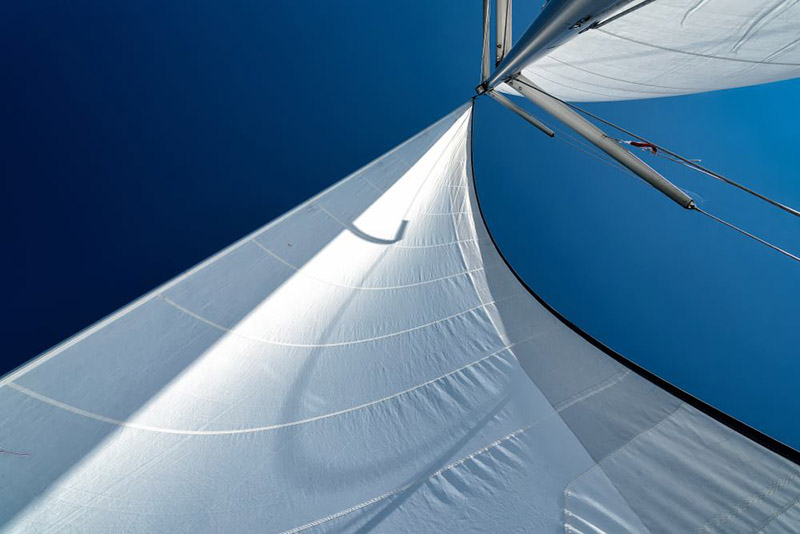If you want to buy a motor for a Canadian vessel, an outboard motor might be the answer. But what kind, and how many? Is bigger really better? While you might automatically think that a four-stroke is better than a two-stroke, that’s not necessarily the case. From a technical point of view, this is the difference between the two: a two-stroke motor burns a mixture of oil and gas. A four-stroke, however, burns gas only within the cylinders and circulates oil for lubrication via a different system.
Four-strokes are quieter than two-strokes, but the difference is getting smaller and smaller. Two-stroke DFIs are lighter than four-strokes with the same power, but this difference is also reducing in size. Two-strokes usually give a stronger holeshot, but the difference is getting smaller here, too. Frankly, the choice of four-stroke or two-stroke is a matter of preference.
Is Bigger Always Better When it Comes to Outdoor Motors?
Generally, the answer is yes. An underpowered boat is a bad buy. It won’t perform to its fullest potential, and prospective buyers are likely to write off your boat if it has a motor that is too small. The best way to decide what size motor to buy is to look at the inspection plate for the boat maker’s maximum rating.

Should You Only Use High-octane Gasoline?
High-octane gas (92 or 93 octanes) is better able to handle compression, but for most outboard motors, it’s a waste of money. Most outboards run perfectly on 87 octane gas. However, check your manufacturers’ recommendations as to what fuel you should use. Some brands recommend a midrange fuel of about 89 octanes. The higher the octane, the higher the price. So if your engine is not high-performance, stick to a lower octane gas.
Should You Get One Motor or Two?
Although having dual motors can make docking easier, most boats with dual or triple motors are engaged in offshore fishing. These operations need to be careful in case they lose an engine at sea. It’s way cheaper to buy one 300 hp motor than two 150 hp motors. After all, 300 horsepower is still 300 horsepower, whether it comes from two engines or one. Two motors also complicate rigging and entail duplicate controls and more complicated installation.
What Maintenance Does Outboard Motor for a Canadian Vessel Require?
Outboard motors don’t require a great deal of maintenance these days, but the little that is required is essential to stop the engine from blowing up. Experts recommend that you keep the fuel tank full to prevent condensation from building up when the motor isn’t being used. Check the prop, hoses, and fittings regularly. Always add a fuel stabilizer when you add gas.
For more information about a Canadian vessel call at +1 (800) 419-9569 (Canada)

